- Home
- Books
- Young Adults
- Fiction
- Contemporary Fiction
- Fascists Among Us: online hate and the Christchurch massacre - (PB)
Fascists Among Us: online hate and the Christchurch massacre - (PB)
By: Jeff Sparrow
-
Rs 767.25
- Rs 1,395.00
- 45%
You save Rs 627.75.
Due to constant currency fluctuation, prices are subject to change with or without notice.
The massacre of more than fifty worshippers at mosques in Christchurch, New Zealand, shocked the world. The murders were not random. They expressed a particular ideology, one that the alleged perpetrator described as ‘fascism’.
But what does fascism mean today — and what kind of threat does it pose? Jeff Sparrow traces the history of the far right, showing how fascists have adapted to the new politics of the twenty-first century. He argues that the mosque killer represents a frightening new phenomenon — decentralised right-wing terrorism that recruits by committing atrocities, feeding on itself and spreading from country to country.
Burgeoning in dark places online, contemporary fascism exults in violence and picks its targets strategically. Today, it is Muslims; tomorrow, it will be Jews or gays or Asians. Even the widespread despair generated by climate change is being harvested to weaponise young men with the politics of hate.
With imitative massacres already occurring around the world, Christchurch must be a wake-up call. This book makes a compelling, urgent case for a new response to an old menace.
The massacre of more than fifty worshippers at mosques in Christchurch, New Zealand, shocked the world. The murders were not random. They expressed a particular ideology, one that the alleged perpetrator described as ‘fascism’.
But what does fascism mean today — and what kind of threat does it pose? Jeff Sparrow traces the history of the far right, showing how fascists have adapted to the new politics of the twenty-first century. He argues that the mosque killer represents a frightening new phenomenon — decentralised right-wing terrorism that recruits by committing atrocities, feeding on itself and spreading from country to country.
Burgeoning in dark places online, contemporary fascism exults in violence and picks its targets strategically. Today, it is Muslims; tomorrow, it will be Jews or gays or Asians. Even the widespread despair generated by climate change is being harvested to weaponise young men with the politics of hate.
With imitative massacres already occurring around the world, Christchurch must be a wake-up call. This book makes a compelling, urgent case for a new response to an old menace.
Fascists Among Us: online hate and the Christchurch massacre - (PB)
By: Jeff Sparrow
Rs 767.25 Rs 1,395.00 Ex Tax :Rs 767.25
Zubin Mehta: A Musical Journey (An Authorized Biography)
By: VOID - Bakhtiar K. Dadabhoy
Rs 472.50 Rs 1,050.00 Ex Tax :Rs 472.50
The Love Hypothesis: Tiktok made me buy it! The romcom of the year!
By: Ali Hazelwood
Rs 1,916.00 Rs 2,395.00 Ex Tax :Rs 1,916.00
The Sanatorium: The spine-tingling #1 Sunday Times bestseller and Reese Witherspoon Book Club Pick
By: Sarah Pearse
Rs 971.75 Rs 1,495.00 Ex Tax :Rs 971.75
The Love Hypothesis: Tiktok made me buy it! The romcom of the year!
By: Ali Hazelwood
Rs 1,916.00 Rs 2,395.00 Ex Tax :Rs 1,916.00
The Sanatorium: The spine-tingling #1 Sunday Times bestseller and Reese Witherspoon Book Club Pick
By: Sarah Pearse
Rs 971.75 Rs 1,495.00 Ex Tax :Rs 971.75
No recently viewed books available at the moment.
Zubin Mehta: A Musical Journey (An Authorized Biography)
By: VOID - Bakhtiar K. Dadabhoy
Rs 472.50 Rs 1,050.00 Ex Tax :Rs 472.50
Fascists Among Us: online hate and the Christchurch massacre - (PB)
By: Jeff Sparrow
Rs 767.25 Rs 1,395.00 Ex Tax :Rs 767.25
The Love Hypothesis: Tiktok made me buy it! The romcom of the year!
By: Ali Hazelwood
Rs 1,916.00 Rs 2,395.00 Ex Tax :Rs 1,916.00
The Sanatorium: The spine-tingling #1 Sunday Times bestseller and Reese Witherspoon Book Club Pick
By: Sarah Pearse
Rs 971.75 Rs 1,495.00 Ex Tax :Rs 971.75











-313x487.jpg?q6)
-120x187.jpg?q6)
-120x187.jpg?q6)





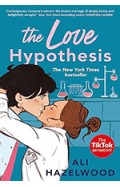
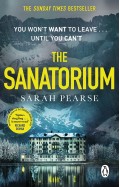
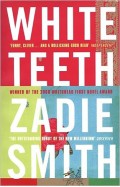



-120x187.jpg?q6)
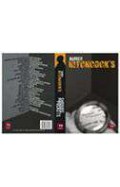

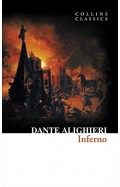
-120x187.jpg?q6)